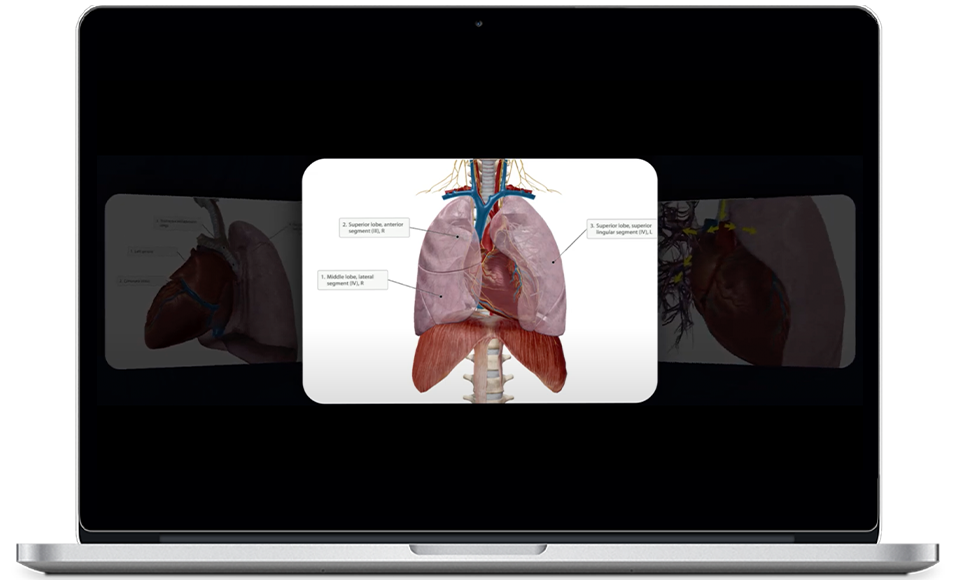
For buzzy nuggets and details that you won't find anywhere else, subscribe today. STEP INSIDE THE WEST WING: What's really happening in West Wing offices? Find out who's up, who's down, and who really has the president’s ear in our West Wing Playbook newsletter, the insider's guide to the Biden White House and Cabinet. The boldest action the panel has taken in recent years was a decade ago, when in 2011 the panel referred the case of Nevada Republican John Ensign to federal investigators and released findings that he broke federal laws while trying to cover up an extramarital affair with a political aide. A letter of admonition is just a warning and not classified as an official disciplinary sanction. Robert Menendez (D-N.J.) in April 2018 and one for GOP Sen. There was a “public letter of admonition” to Sen.

The panel has rarely taken action in recent years, and punishments are even more scarce. In 2020 the Senate Ethics Committee received 144 reports of violations of Senate rules, with just zero resulting in disciplinary sanction of any kind. The annual report summing up its activities for 2021 is expected soon, but don’t hold your breath for any big surprises. WHAT ABOUT THE SENATE? Over on the Senate side, the Ethics Committee is mostly known for just how little action it takes. There are differing views among experts about whether the House Ethics panel could continue investigations if a member leaves office, but in practice they tend to close inquiries when members under investigation resign from the House. Other key things to know: House Ethics usually puts investigations on pause if federal law enforcement or prosecutors get involved and let indictments take precedence over their inquiries. (That’s the big guns, where decisions can levy fines and other punishments.) There’s usually an initial inquiry, followed by either a dismissal or an investigative subcommittee is impaneled. It operates behind closed doors and with little transparency, but does follow a pretty formulaic process.

The Ethics Committee is the only House standing committee with membership evenly divided between each political party, with five Democratic and five GOP members. Generally, referrals include recommendations for the use of subpoenas (as in both the the Lamborn and Newman cases) and roundups of information that the OCE could not obtain. The OCE has a great guide on their process.ĮVENLY DIVIDED- When the Office of Congressional Ethics refers a case to the House Ethics Committee, which they did in the Newman and Lamborn cases, their report usually includes if they recommend further review because there is “substantial reason to believe” that the violation or for the committee to dismiss the matter. But the Committee on Ethics holds the exclusive jurisdiction to find violations and impose punishment and can start investigations without an OCE referral. The office has jurisdiction to investigate alleged violations of a “law, rule, regulation or other standard of conduct.” The OCE was set up in 2008 to do preliminary reviews of allegations.

The OCE is a non-partisan entity that reviews allegations of misconduct involving House staff and lawmakers and refers cases to the House Ethics Committee. INDEPENDENT, NON-PARTISAN- The Newman and Lamborn documents are reports and exhibits compiled by the Office of Congressional Ethics during their respective inquiries into allegations against the two lawmakers. Here at Huddle we’ve seen some confusion, even among those on the Hill, about how ethics cases like these progress and thought a recess-week refresher might be in order.
#Essential anatomy 3 new laptop plus#
Doug Lamborn (Colo.), plus their rebuttals. With contributions from Sarah Ferris and Andrew DesiderioĮTHICS ON THE HILL… EXPLAINED- There were two big document dumps Monday, with eyebrow-raising ethics allegations against Democratic Rep.


 0 kommentar(er)
0 kommentar(er)
